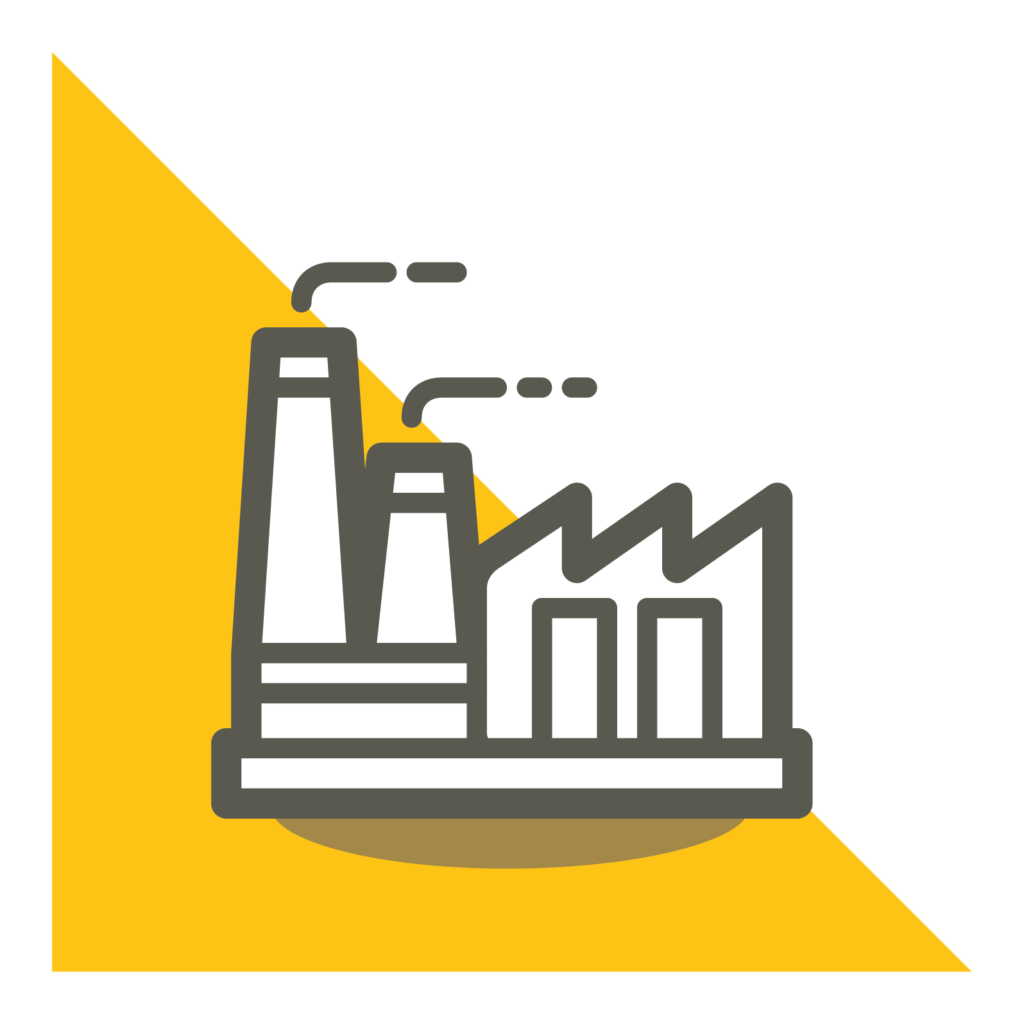
Changes relating to Brexit are causing significant disruptions for manufacturers when trading with the EU. Delays are being caused by new paperwork being required, checks at borders and the new rules of origin requirements. While the current conditions are challenging for importers and exporters, acting now could allow businesses to gain a competitive advantage as the situation begins to stabilise.
Why is the situation not improving?
Although a post-Brexit trade deal is now in place, the level of turmoil at UK/EU borders has increased since the beginning of the year. In several cases, goods are being held up at border controls due to customs declarations being incomplete or completed incorrectly. Some transport operators are reporting that there have been cases of entire containers being stopped simply because a single consignment contained a minor error in the documentation. Some retailers and couriers have stopped delivering goods altogether due to the possible costs they may incur.
Impact on SME manufacturers
SME manufacturers exporting smaller shipments to the EU are finding this particularly frustrating. Even if the new paperwork has been completed correctly, their goods may still be held at the border as part of a larger groupage consignment, if some of the documentation is incorrect or incomplete. The freight forwarder is responsible for completing the customs declarations on behalf of their customers, and this can only be done properly if they have been passed the right information to begin with.
How can the risk of delivery delay be mitigated?

Although the border disruption is mostly out of their control, it is imperative that manufacturers do everything in their power to mitigate the risk of delivery delays by providing the correct information to their logistics partners. This can be achieved by keeping a checklist of the information required for the new customs declarations and assisting the freight forwarder as much as possible. Under the new rules of origin requirements, if parts or raw materials sourced from overseas are used in the manufacture of goods bound for the EU, a tariff could be payable at the point of entry to the single market. However, if the manufacturer can prove that there has been enough processing under the new origin rules, tariffs should not apply.
Manufacturers should look to stay close to their suppliers and ensure they have access to detailed information about any goods or raw materials sourced from overseas. This will support logistics partners in completing customs declarations accurately and reducing the impact of tariffs. This is particularly crucial for manufacturers with complex supply chains that might be sourcing goods from more than one country.
Improving border disruption

Stockpiling ahead of Brexit and transport operators attempting to push orders through before the end of the transition period are among the reasons for the current level of border disruption. It seems likely that the current situation will improve as the new paperwork and procedures find their feet and become more established. However, some manufacturers shipping large volumes of multiple shipments to the EU might look to acquire or lease extra warehouse space to store goods that are ready to be shipped. This increase in capacity may alleviate pressure at borders in the short term.
In some cases, manufacturers affected by new product-specific rules, such as food and drink producers, may also need to weigh up whether continuing such export activity is viable.
For businesses shipping lower volumes of goods to the EU, it is still important to take action, as reducing disruption could protect customer relationships. Although stockpiling goods that are ready to be shipped may not be necessary, it is important to consider if unforeseen costs may occur and who will be liable for them. Close management of supply chain relationships is essential. Working with logistics partners who can support manufacturers with understanding the impact of the new paperwork and rules of origin could provide a competitive advantage. Training for staff involved in the dispatch of shipments is also important to ensure they have access to the information they need.
Act now to continue trading profitably with the EU in the future
While the situation is expected to improve, manufacturers know that the new procedures and legal requirements are here to stay. If manufacturers look to adapt now and ensure they have access to the advice and support they need, it will be possible to continue trading profitably with customers in the EU in the future.
Manufacturing sector specialist:
Transport & logistics sector specialist:


